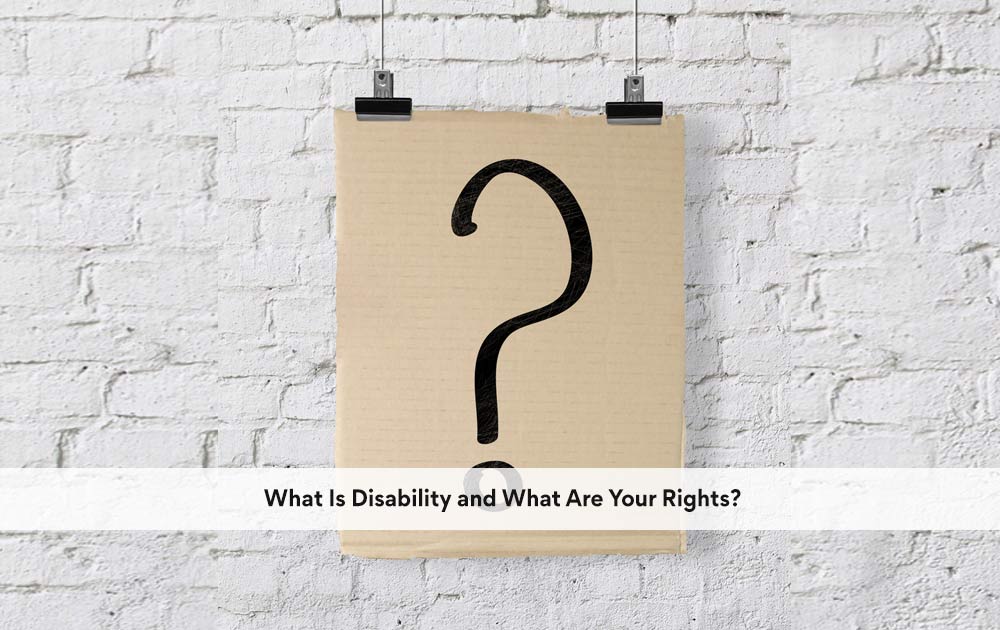Bipolar disorder is a serious medical condition that can have serious debilitating effects on those who suffer from it. Oftentimes the effects of bipolar disorder can be so debilitating that someone who suffers from the condition can no longer work a daily job at the “substantial gainful activity (SGA) level. This means it is difficult to impossible for them to earn enough money to live on. When this is the case, the individual can apply for Social Security Disability benefits.
Qualifications For Disability Benefits
In order for a person with bipolar disorder to qualify for Social Security Disability benefits the following qualifications must be met:
- History of episodic periods.
- Documentation of the range of symptoms for both manic and depressive episodes.
- Depressive symptoms of bipolar disorder.
Bipolar Disorder has a number of depressive symptoms that the Social Security office will look at to determine eligibility for benefits. According to the Social Security Disability and SSI Resource Cente, These symptoms include but are not limited to the following:
- Problems with sleep.
- Difficulty with concentration or thinking.
- Thoughts of suicide.
- Feelings of guilt or worthlessness.
- Fatigue or lack of energy.
- Severe fluctuations in weight.
- Loss of interest.
- Delusions.
- Paranoia.
- Manic symptoms of bipolar disorder.
Bipolar Disorder also has a number of manic symptoms that the Social Security office will look at when determining eligibility for benefits. These symptoms include but are not limited to the following:
- Hyperactivity.
- Decreased need for sleep.
- Inflated self-esteem.
- Ease in distractibility.
- Hallucinations.
- Delusions.
- Paranoia.
- Involvement in activities that are likely to have painful consequences without realization of it.
- Other qualifications.
Beyond the symptoms listed above, there are other qualifications that must be met for a person with bipolar disorder to be eligible for Social Security Disability benefits. Those who wish to apply for the benefit must show that their daily activities are restricted; they have difficulty maintaining regular social activity; long periods of decompensation; or consistent difficulties with persistence, concentration, or pace. Finally, an individual looking to apply for SSD benefits must have a medically documented history of the disorder that spans at least two years. The documentation needs to show the individual’s limited ability to perform basic tasks at work even when the prescribed medication is being taken properly and psychological help is being sought.
Anyone suffering from bipolar disorder who thinks he or she might be entitled to Social Security Disability benefits should contact our firm to get additional information and assistance.


